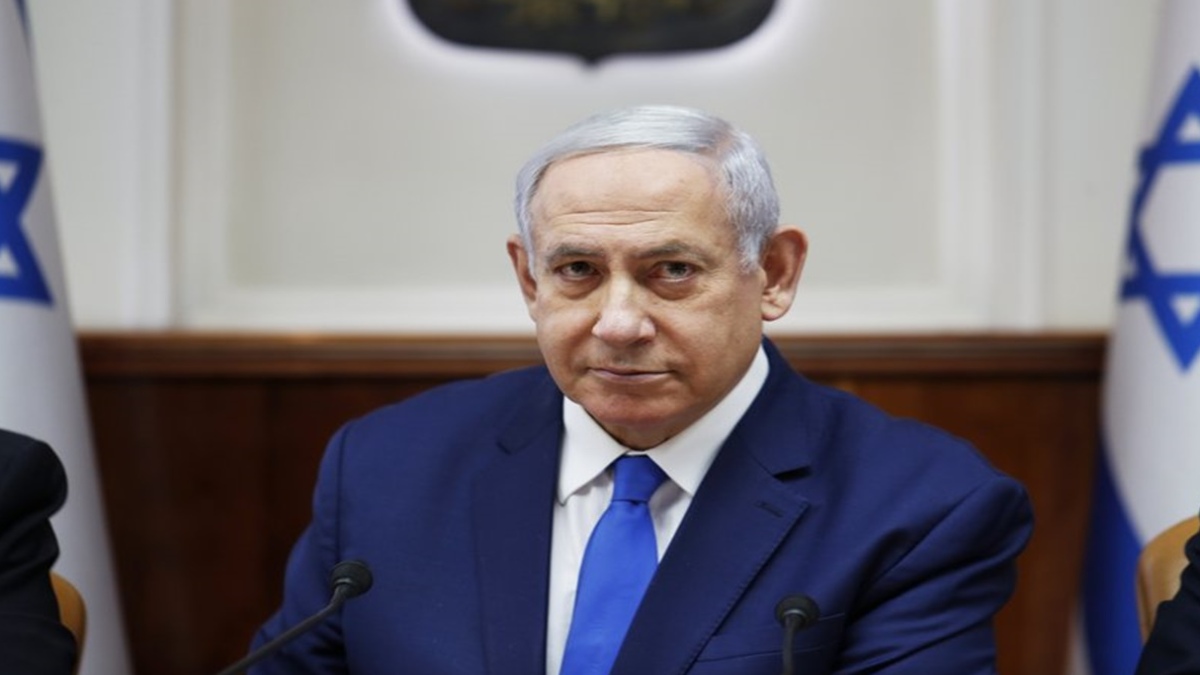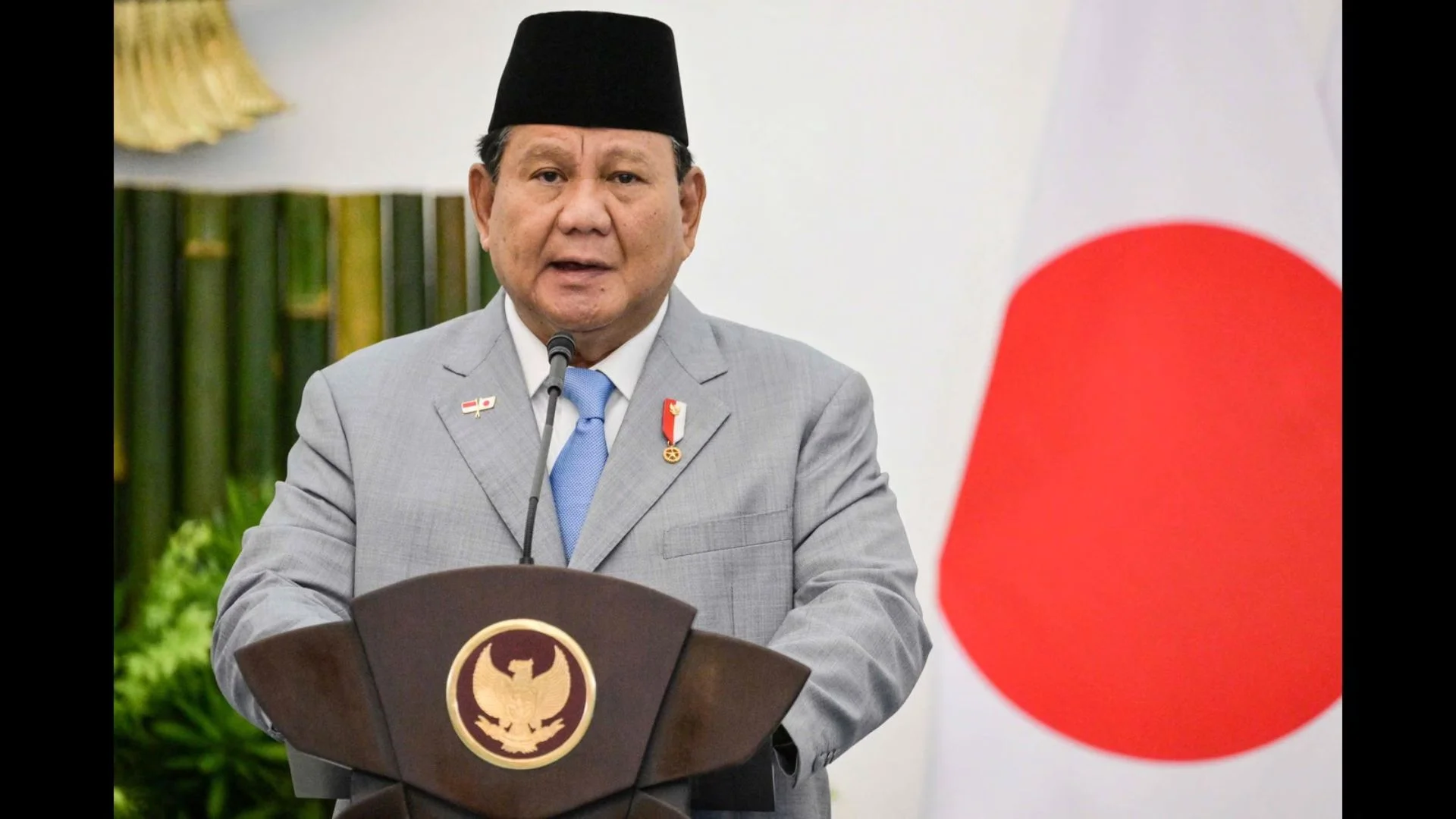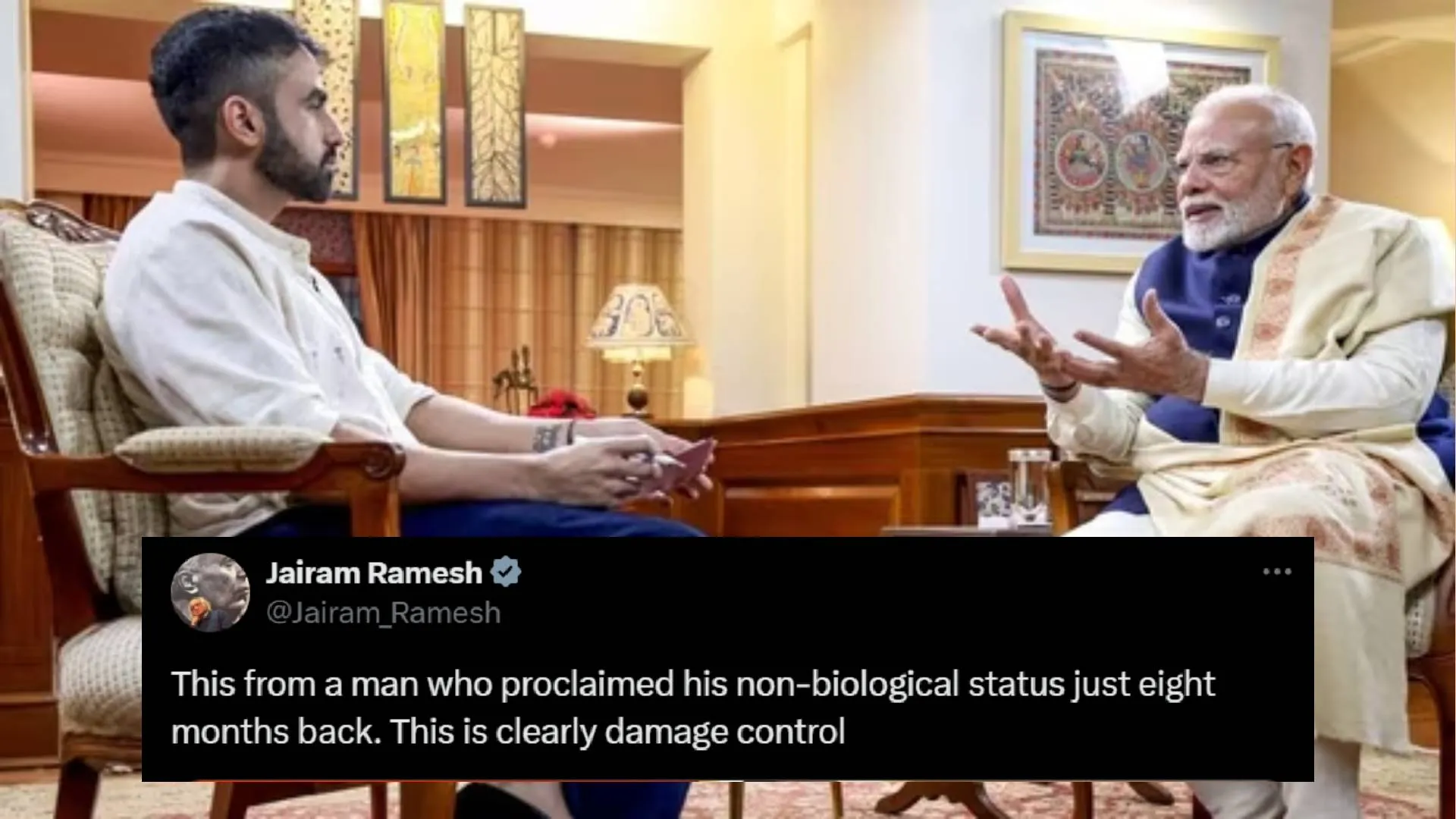A few minutes before his mandate to form a government expired last Wednesday, Yair Lapid, the leader of the Yesh Atid party, informed President Reuven Rivlin that he managed to cobble together a coalition government. If the new government — and it is a big if — gets a vote of confidence in the Knesset (the Parliament) this will mean that Israel will avoid holding the fifth election in just two years.
The eight-party coalition is an awkward alliance of former allies of Israeli Prime Minister Benjamin Netanyahu, with different ideologies ranging from right-wing to centre, to left-wing, and includes for the first time in Israeli politics a small Arab Islamist party called Raam (United Arab List). The glue that holds these eight parties together is their desire to oust Netanyahu, who ruled Israel for the past 12 years.
As the new coalition has a razor-thin majority of 61 in the 120-member Knesset (Parliament), it is not certain that it will survive a confidence vote that will be held probably this week. It is certain that the wily Netanyahu, who is fighting corruption charges, will fight tooth and nail against it and could play one of his devious tricks to make one or more Knesset members abandon the coalition.
Although the centrist Yesh Atid party has elected 17 members of the Knesset, its leader Yair Lapid, in view of the danger of failing to cobble together a coalition, due to the excessive demands of Yamina party leader Naftali Bennet, judged that the need to oust Netanyahu was of paramount importance and so gave in and agreed that the leader of Yamina party, which has only 7 seats in the Knesset, serve as Prime Minister in the first two years and then Lapid serve the final two years.
Both Lapid and Bennett served under Netanyahu, but he treated them wretchedly and they now intensely dislike him. Naftali Bennett, 49, is a former software entrepreneur, army commando and served as chief of staff to Netanyahu and Defence Minister. Yair Lapid, 57, is a former news anchor who served as finance minister under Netanyahu.
Netanyahu accused Bennett of being “the fraud of the century” while his allies and supporters have already organized demonstrations outside Bennett’s home and those of Yamina legislators, as well as launched virulent attacks in the social media, accusing Netanyahu’s former allies as traitors who sell out the right-wing values. Just like former US President Donald Trump, Netanyahu refuses to accept defeat and does not care if this is dangerous for the country’s democracy.
It should be said, however, that the eight parties making up the coalition have divergent views on the most important issues and are united basically by their determination to put an end to Netanyahu’s domination of the political scene in Israel. The “unity government” will be one of the widest-ranging governments in Israel’s history and is made of quite “strange bedfellows” whose views range from left to the far right. This will probably make the new government unstable and may lead to its collapse after a few months in power.
One of the most striking things in the proposed coalition government is the fact that for the first time in Israeli politics an Arab party Raam will be part of a governing coalition. The party which is headed by Mansour Abbas in a statement said that the coalition agreement “secures the position of the Arab parties as an influential and legitimate player in the political arena.”
According to Israel’s Army Radio, the concessions Abbas has secured include the legal recognition of Bedouin villages in southern Israel, an economic plan for investing about 9 billion dollars in Arab towns and a five-year plan for combating violent crime in Arab communities. Abbas also gained retroactive building permits for tens of thousands of structures built illegally and now facing demolition.
Phyllis Bennis, of the New Internationalism Project at the Institute of Policy Studies, says: “Despite the (likely short-lived) presence of centrist and left parties and a Palestinian party, the new coalition’s political power remains firmly in the centre-right to extreme right spectrum that reflects Israeli politics overall. There will almost certainly be no resumption of calls for a “two-state solution,” (something long ago rendered impossible anyway because of escalating Israeli expropriation of Palestinian land) since Bennett opposes it even more vociferously than Netanyahu.” With ANI inputs






















